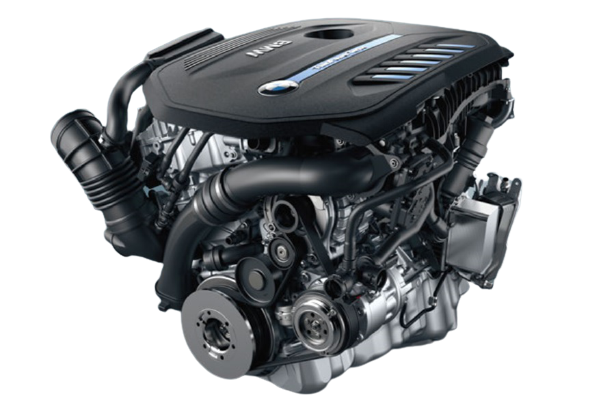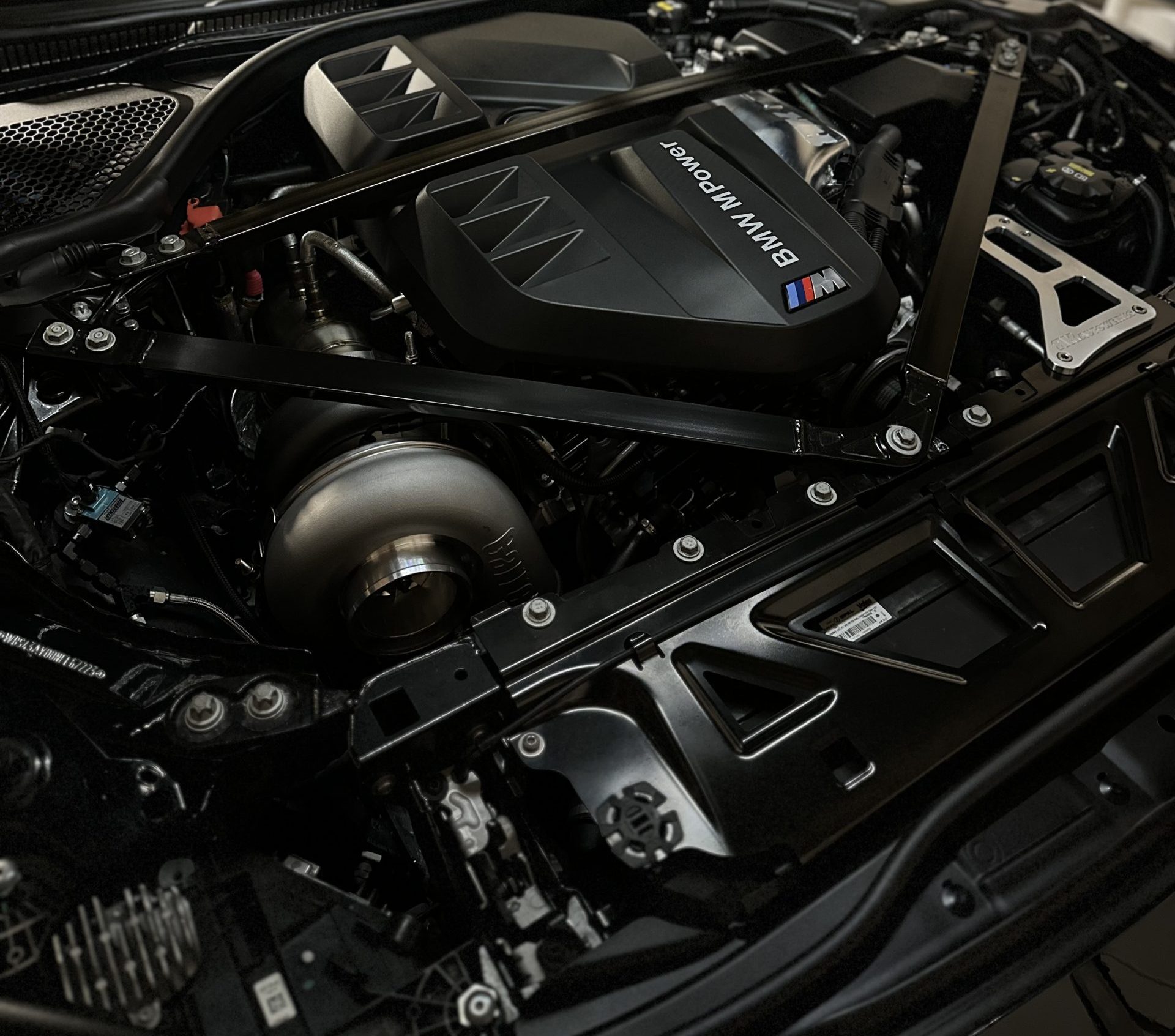A Comprehensive Guide to Understanding BMW Engine Specifications
A Comprehensive Guide to Understanding BMW Engine Specifications
Blog Article
Revealing the Intricacies of Next-Generation Power Units: a Deep Study Advanced Engine Styles and Innovations
In the realm of automobile engineering, the relentless pursuit of effectiveness, sustainability, and efficiency has actually driven the development of power systems to extraordinary elevations. As we depend on the precipice of a brand-new period in transportation, the details of next-generation engine designs beckon us to explore the sophisticated innovations and advancements that promise to redefine the driving experience. From innovative products that press the limits of sturdiness and weight decrease to innovative turbocharging and supercharging systems that boost power outcome to new levels, each part of these power devices holds a key to opening the future of vehicle engineering. Diving deeper right into the realms of discharge control, smart engine monitoring systems, and the horizon of power unit development, we find ourselves on the cusp of an improvement that assures to improve the landscape of flexibility as we understand it.
Evolution of Engine Products

The change in the direction of advanced engine materials has likewise made it possible for designers to make engines with higher power results while preserving fuel effectiveness criteria. The usage of lightweight materials reduces the overall weight of the engine, leading to improved fuel economic climate and reduced exhausts. In addition, advancements in materials technology have actually allowed for better thermal management within engines, resulting in raised integrity and longevity.
Turbocharging and Supercharging Technologies
Just How do Turbocharging and Supercharging Technologies reinvent engine performance and efficiency in modern-day lorries? Turbocharging and supercharging are innovations that significantly improve engine performance by increasing the quantity of air intake right into the combustion chamber. Turbocharging achieves this by making use of a turbine driven by exhaust gases to pressurize the intake air, while turbo charging utilizes a belt- or chain-driven compressor to attain the exact same effect.
These technologies make it possible for smaller, extra fuel-efficient engines to create power equal to larger ones, referred to as downsizing. By requiring more air into the cyndrical tubes, turbocharging and supercharging boost burning performance, leading to raised horsepower and torque result without a substantial boost in engine size. This brings about better velocity, towing capacity, and general driving efficiency.
Furthermore, turbocharging and turbo charging contribute to enhanced gas efficiency by enabling the usage of smaller engines that take in much less fuel under typical driving problems - bmw engine. This combination of improved efficiency and efficiency has actually made turbocharging and turbo charging integral elements of several modern engine styles
Exhaust Control and Environmental Effect
With increasing international worries pertaining to air quality and environmental sustainability, the application of exhaust control technologies in cars plays a critical role in decreasing damaging pollutants launched into the atmosphere. Modern automobiles are equipped with advanced exhaust control systems that assist decrease the ecological effect of vehicle operations. Catalytic converters, for example, are designed to transform poisonous gases such as carbon monoxide gas, nitrogen oxides, and hydrocarbons right into less harmful substances like carbon dioxide and water vapor.
In addition, advancements in engine modern technology, such as the assimilation of exhaust gas recirculation systems and discerning catalytic decrease, have actually dramatically added to decreasing exhausts. These modern technologies function in tandem to enhance combustion efficiency and minimize the release of hazardous pollutants right into the air. Furthermore, the advancement of hybrid and electric automobiles represents a vital step towards lowering the total ecological impact of the transportation sector.
Intelligent Engine Monitoring Solution

In addition, these systems enable automobiles to satisfy stringent exhausts criteria without compromising efficiency, supplying a more eco friendly driving experience. The integration of expert system and device understanding abilities in engine monitoring systems remains to press the boundaries of what is possible, resulting in further renovations in effectiveness, integrity, and general lorry performance. bmw engine. As vehicle technology advancements, intelligent engine administration systems will certainly play an important duty fit the future of transport towards a much more lasting and efficient instructions
Future Trends in Power Unit Advancement
As intelligent engine administration systems lead the means for enhanced control and optimization in contemporary automobiles, future trends in power system advancement are positioned to redefine the landscape of automotive propulsion innovations. One of the essential fads driving advancement in power system advancement is the change towards electrification. With an enhancing concentrate on sustainability and lowering carbon exhausts, crossbreed and electric powertrains are becoming much more common in the vehicle sector. These different source of power provide enhanced effectiveness and performance while lining up with rigid environmental policies.
An additional substantial fad is the combination of sophisticated materials and producing methods. Lightweight materials such as carbon fiber and light weight aluminum are being made use of to decrease overall automobile weight, improving fuel efficiency and efficiency. Furthermore, improvements in 3D printing and additive manufacturing are allowing the production of intricate engine elements with higher accuracy and toughness.
Moreover, fabricated knowledge and artificial intelligence are playing a critical function in optimizing power device efficiency. These innovations enable real-time surveillance and adaptive control, bring about a lot more efficient and dependable power distribution. Generally, future trends in power system development are geared towards effectiveness, sustainability, and efficiency, driving the automobile sector in the direction of a new era of propulsion technologies.

Final Thought
In conclusion, the innovations in engine products, turbocharging, exhaust control, and smart monitoring systems have paved the means for next-generation power systems. The intricate designs and advancements in modern-day engines display the ongoing development of auto technology.
Exploring the progressive developments in engine products has actually been critical in boosting the efficiency and performance of modern engines. Over the years, the evolution of engine materials has played an important duty in pushing the limits of what engines can accomplish.The change in the direction of progressed engine materials has important site actually also enabled engineers to develop engines with higher power outputs while maintaining fuel efficiency standards.The implementation of intelligent engine management systems in modern vehicles has actually revolutionized the means engines are controlled and optimized for performance and efficiency. By accumulating information in real-time and examining it with advanced algorithms, smart engine management systems can adapt to driving you could try these out designs, environmental variables, and engine wellness to take full advantage of power output while minimizing gas intake and discharges.
Report this page